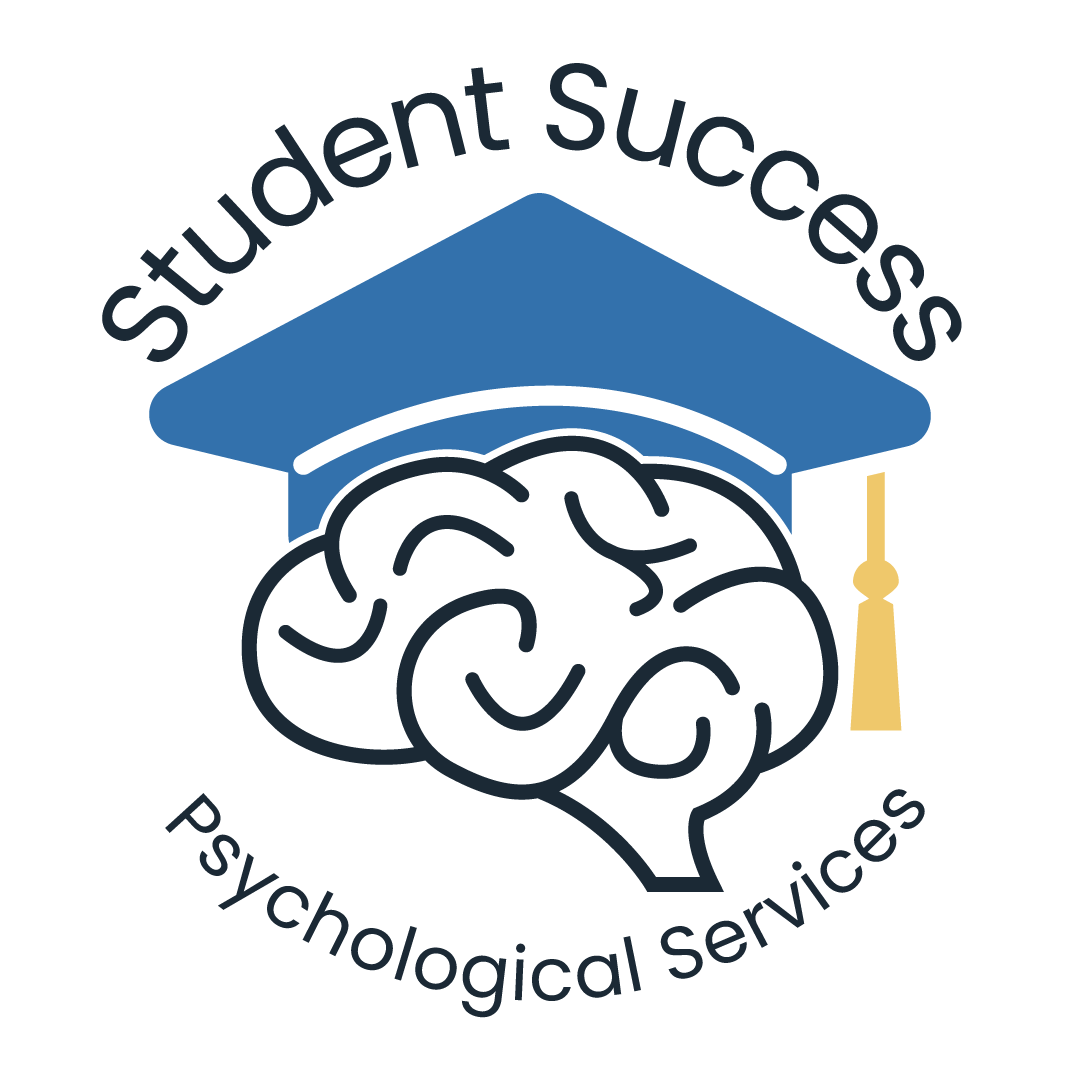
Behavior therapy and parent training for students with challenging behaviors
Your student’s disruptive and defiant behavior is frustrating. The temper tantrums, arguing, and refusal to comply are causing family stress. You feel like you’re constantly having to tell them to listen, wait, and calm down.
When your student has the skills to manage their own emotions and behavior, they have more successful social experiences. When you have the skills to manage your student’s behavior, you have more positive interactions with them.
Student Success Psychological Services offers behavior therapy and parent management training (PMT) to help you and your student learn effective skills for improving behavior.
Who We Help
We help students with the following behavior challenges:
Impulsivity (i.e., doing or saying things before thinking through the consequences)
Arguing with adults
Anger outbursts
Refusal to follow rules and/or requests
Verbal and/or physical aggression
Related Concerns
ADHD
Anxiety
Academic problems
Low frustration tolerance
Poor self-esteem
Difficulty with peer relationships
Negative interactions with parents and teachers
Autism spectrum disorder (ASD)
Oppositional defiant disorder (ODD)
How We Help
Behavior Therapy
Behavior therapy focuses on teaching and reinforcing social, communication, behavior, and daily living skills needed for success in school and at home. It involves one-on-one instruction with your student as well as parent training with you. Behavior therapists work with you and your student to
Observe and measure student skills and behavior
Assess when, where, and why behaviors occur
Develop and implement an individualized behavior plan with goals
Teach new behaviors to replace challenging ones
Positively reinforce learned skills and desired behaviors
Monitor skill gains and behavior progress
Use environmental and learning supports (e.g., visual schedules)
Behavior therapy is often combined with school collaboration and consultation regarding classroom supports and interventions to increase effectiveness.
Parent Management Training
Parent training in behavior management focuses on teaching you how to consistently and effectively improve your student’s behavior. It involves direct instruction, discussion, coaching, and collaboration to support you in learning and applying skills and strategies to
Recognize behaviors related to neurodiversity (e.g., ADHD)
Understand behavior triggers
Identify specific behavioral concerns and goals
Develop and implement an individualized student behavior plan
Use effective behavioral practices (e.g., positive reinforcement)
Practice positive communication and interaction skills
Monitor student behavior
Parent behavior management training is often combined with student self-regulation skills training and/or school collaboration and consultation regarding classroom supports and interventions to increase effectiveness.
Signs of Success
Increased
Self-regulation
Positive parent-child interactions
Parent confidence in managing child behavior
Decreased
Behavior and social challenges
Family conflict
Parental stress



